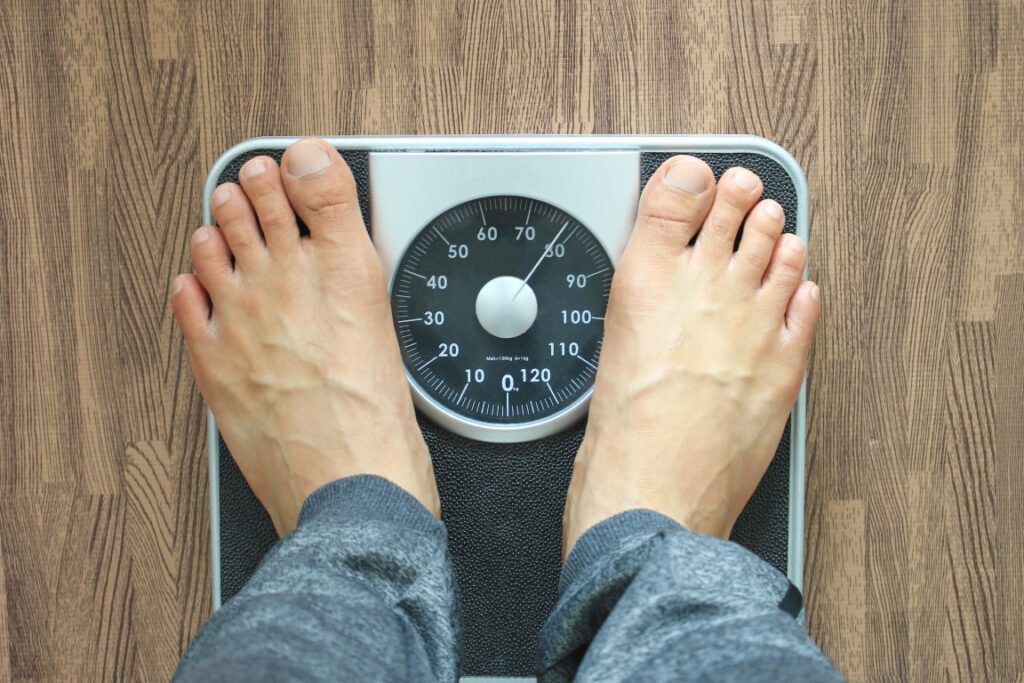Today, sugar has emerged as the number one threat to public health, with governments taxing it, institutions like schools and hospitals eliminating it from vending machines, and nutritionists encouraging us to cut it out of our diets entirely.
Although the effect it has on our capacity to fend against diseases is much more nuanced than that, it has even been accused of potentially raising the danger of catching infections because it purportedly lowers the immune system. Sugar has been the focus of nutrition studies for the past 60 years, and over that period, we have learned a lot about how sugar affects the human body, despite recent interest from the mainstream media and the health business.

Weight Gain
Sugary foods and beverages typically contain a lot of calories. Even with regular activity, consuming too many of these goods will result in weight gain. There is compelling evidence that excessive dietary sugar contributes to weight gain Trusted Source. Products with added sugars often digest more quickly in the body, thus they do not satisfy hunger for very long. As a result, you might eat more frequently throughout the day and consume more calories overall. Additionally, some data points to the possibility that sugar may impact the biological systems that control appetite.
Diabetes
Consuming sugary beverages is associated with a higher risk of type 2 diabetes. The claim that sugar causes diabetes is untrue. Any high-calorie diet has the potential to cause type 2 diabetes. However, diets high in sugar are typically high in calories. Diabetes risk may rise as a result. Drinks with added sugar are particularly harmful. According to a meta-analysis of information from 310,819 individuals, those who consume sugary drinks frequently have a 26 percent higher risk of developing type 2 diabetes than those who do not. In the study, “high consumption” was defined as consuming one to two sugary beverages daily.

Cavities
After consuming sugar, Trusted Source bacteria in the mouth produce a thin film of plaque that covers the teeth. The sugars in food and drink cause these bacteria to react. An acid that harms teeth is released as a result of this interaction. The body may be able to repair some of this damage by itself. But over time, a high-sugar diet will harm you permanently. Cavities in teeth may result from this. Cavities are holes that occur on teeth that are permeable.
Addiction
Sugar has also been linked to addiction; however, this association may not be as strong as it first appears. According to a 2017 analysis that was published in the British Journal of Sports Medicine, mice can suffer sugar withdrawal. The review also claimed that sugar had similar effects to cocaine, such as yearning. However, the paper faced numerous accusations of misrepresenting the data. One major critique was that the animals could only consume sugar for two hours a day; if you give them access to it at any time, which is how we consume it, they don’t exhibit addictive behaviors.
The Takeaway
Because it is frequently challenging to do studies on humans and their sugar intake, scientists may find it challenging to reach conclusions about sugar’s effect on disease. It would take a huge number of subjects, several decades of carefully monitored experimentation, and quite invasive procedures to thoroughly examine and validate all of its effects. Because of this, we rely quite a bit on the observational data we’ve already described as well as a few more limited, shorter clinical trials.
The majority of human research suggests that when ingested in moderation as part of an otherwise healthy lifestyle, sugar itself does not have significant effects on our health. Additionally, the majority of data seems to imply that it is best to moderate sugar consumption because there is low risk and potential for modest health benefits. Sugar by itself is not harmful. However, consuming sugar from a natural source is healthier for you than consuming sugar that has been added. Diabetes, heart disease, and weight gain are just a few of the conditions that can be brought on by eating too much sugar. Read labels carefully so that you are aware of any added sugars in the food products you are purchasing.



